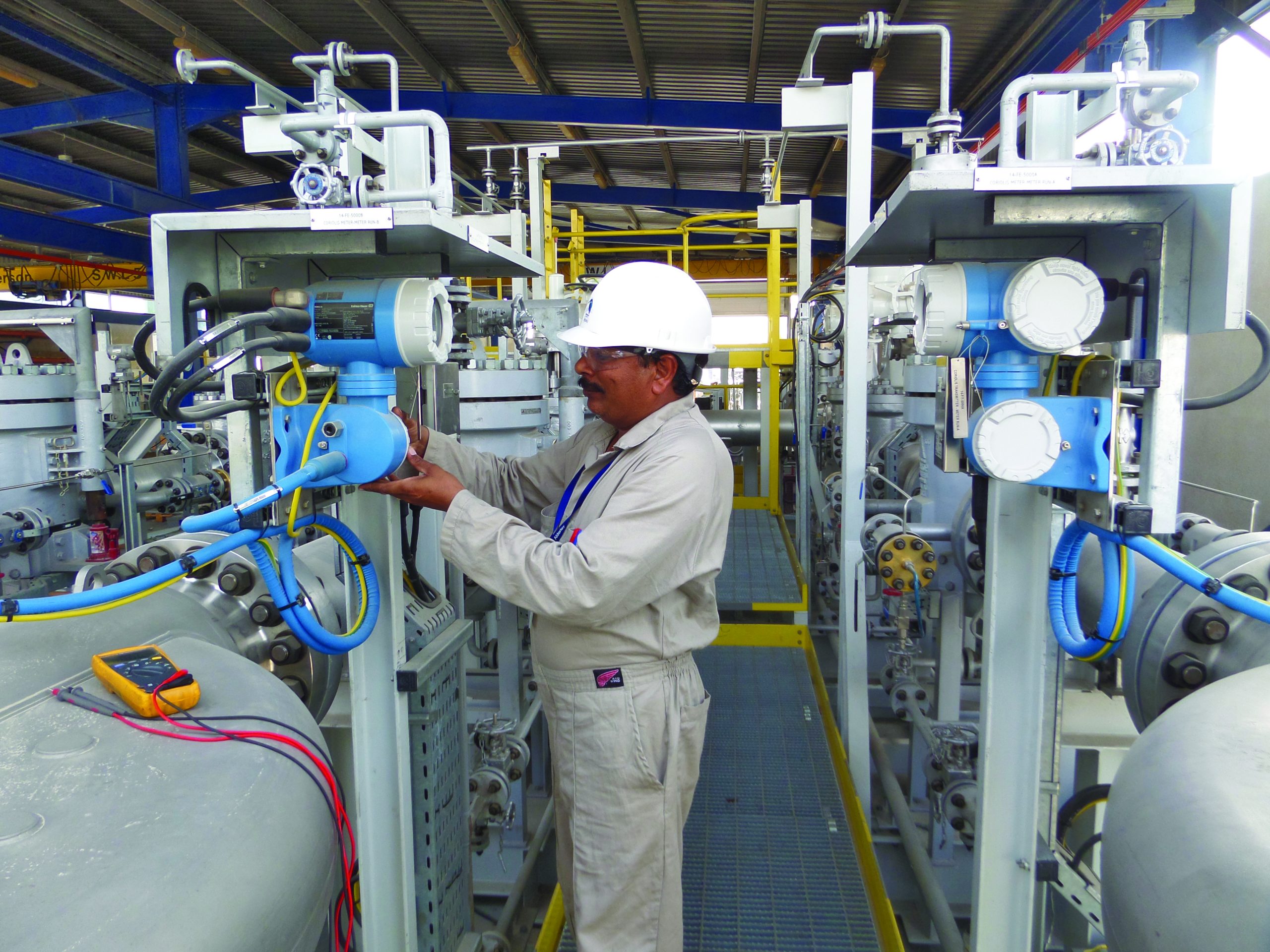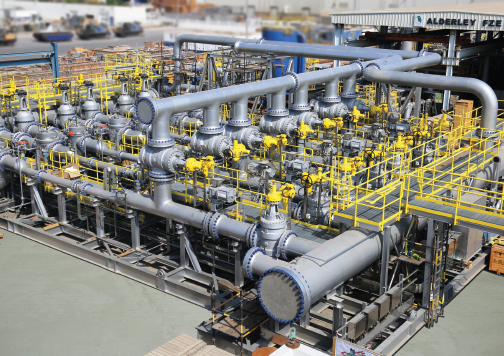Why we need a North Sea 2.0 with the Supply Chain at its heart
An article by Colin Elcoate, CEO of the Alderley group
4 May 2022
UK Energy Security won’t be secured unless we actively promote UK jobs, content and IP
This week the Business Secretary Kwasi Kwarteng outlined the Government’s renewed commitment to creating a North Sea 2.0 by securing a fair transition away from oil and gas to greater investment in clean energy while promoting UK energy security.
He called for leading UK energy companies like BP and Shell to accelerate both domestic production and the clean energy technologies of the future.
Industry is already stepping up.
Shell has recently announced an investment plan for this decade worth up to £25 billion, with BP to invest up to £18 billion in the UK energy system by 2030.
Clearly, this must be welcomed. According to BEIS, the North Sea oil and gas producing region has for decades generated enormous wealth for the UK – £375 billion to be precise. It has also created highly skilled jobs for British workers.
The region has furthermore enabled the UK to become a powerhouse in global energy by giving the country a platform from which to export its solutions, knowledge, and people across the world to support growing demand in emerging markets.
From the perspective of jobs, growth, investment and skills, the North Sea has been a spectacular success.
However, as we reorientate the North Sea’s energy sector to deliver cleaner and more efficient technologies there is a generational opportunity for government and industry to focus on supporting the supply chain – those UK companies, often SMEs – that have made the industry what it is today.
I’m proud to lead a UK-based engineering company with operations across the world.
What I would like to see from both the UK Government and industry is greater strategic support for the supply chain.
This starts with creating the right environment for a strong domestic base that views the supply chain as part of a single UK energy sector delivering at home but developing export opportunities abroad. As we build a Net Zero economy, it really is a case of one-for-all and all-for-one.
In the recent past, cost has been the driver of demand in the UK rather than high-quality local British content. With the focus of the UK supply chain with its global centres of excellence dotted around the country firmly fixed on quality, it is British companies that have often lost out to foreign competitors.
If we are to build a new vision for the North Sea, we must prioritise British content that will enable the supply chain throughout the UK to reinvest future profits into a skilled and talented new workforce able to tackle the energy challenges of the mid-twenty-first century.
We must have a policy framework that provides tangible advantages over foreign content, and which promotes localisation and local solutions to give confidence to the UK supply chain to invest and that it is not being forgotten.
The message from the supply chain is refreshingly simple – invest in the supply chain now and we will help you to develop the new solutions for a clean energy transition and Net Zero.
In addition, when it comes to UK energy security, what could be better than for a strong domestic supply chain delivering for the major energy companies operating in the North Sea?
When the world’s geopolitical ‘tectonic’ plates are increasingly shifting, a UK supply chain able to deploy quick, high-quality local solutions would enable companies in the North Sea to de-risk their operations.
I’m not saying that the UK should lock out foreign competitors. This would be wrong and self-harmful. However, to deliver the energy security that the UK is aiming for long-term, we must ensure that British content is upheld as part of the overall strategy for the North Sea region.
Mr Kwarteng is completely right to state that the North Sea must be ‘a major UK energy asset for decades to come’. For energy security, jobs, growth, and talent, we must build our own vision of a sustainable North Sea 2.0.
It is only with the support of a vibrant and dynamic supply chain spread across the regions that the UK will become a global clean energy leader.





